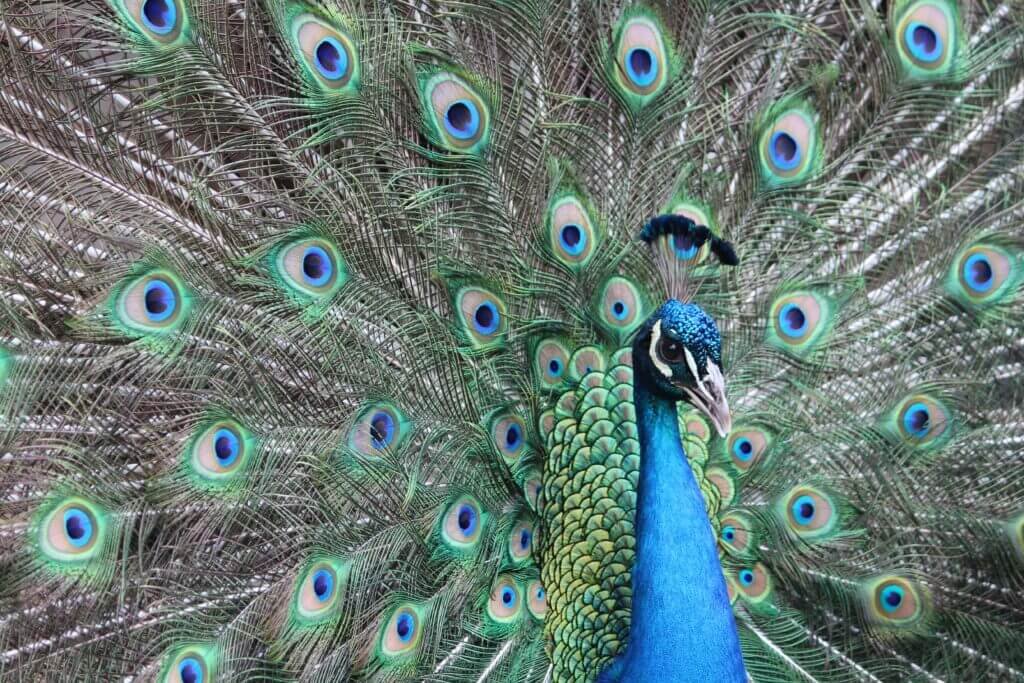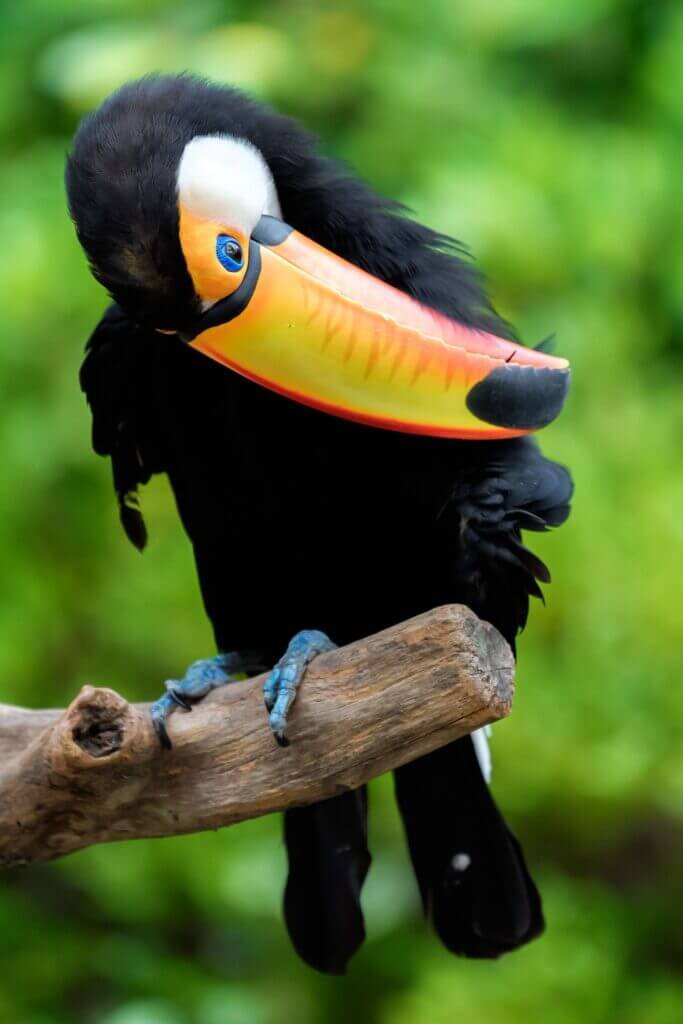Are you a bird owner searching for ways to prevent and manage behavioral problems in your feathered friend? Look no further! This article is here to guide you through the ins and outs of ensuring your pet bird’s behavioral well-being. From understanding common bird behavior issues to implementing effective prevention strategies, we’ve got you covered. So, grab a perch and get ready to learn how to create a harmonious and happy environment for your beloved avian companion.

Understanding the Basics of Bird Behavior
Bird behavior is a fascinating topic that can help us better understand our feathered friends. By observing their behavior, we can gain insights into their needs, emotions, and overall well-being. In order to prevent and manage behavioral problems in birds effectively, it’s crucial to have a fundamental understanding of the different types of bird behaviors and how to identify abnormal behaviors.
Different Types of Bird Behavior
Birds exhibit a wide range of behaviors, each serving a specific purpose. Some common types of bird behavior include foraging, feeding, preening, mating, nesting, and socializing. These behaviors are essential for their survival and overall health.
Normal Bird Behaviors
Understanding what is considered normal behavior in birds is key to identifying any deviations that may indicate a problem. Normal bird behaviors include singing and vocalizations, grooming and preening, exploring their surroundings, playing with toys or objects, and engaging in social interactions with other birds or humans.
Identifying Abnormal Behaviors
Abnormal bird behaviors can be indicative of underlying health issues or environmental stressors. It’s crucial to be able to recognize these behaviors to address them promptly. Some examples of abnormal behaviors in birds include excessive vocalizations, aggression or biting, feather plucking and self-mutilation, stereotypic behaviors such as pacing or head-bobbing, and sudden changes in appetite or activity level.
Preventing Behavioral Problems in Birds
Prevention is key when it comes to managing behavioral problems in birds. Creating a suitable environment, establishing a routine, providing adequate social interaction, and stimulating mental and physical activity are all important factors that can help prevent behavioral issues from arising.
Providing a Suitable Environment
Birds require a safe and stimulating environment to thrive. Ensure their enclosure is of an appropriate size, allowing for natural behaviors such as flying and perching. Provide a variety of perches, toys, and foraging opportunities to keep them mentally and physically engaged. Proper lighting and temperature regulation are also essential for their well-being.
Establishing a Routine
Birds, like many other animals, thrive on routine. Establishing a consistent schedule for feeding, social interaction, and out-of-cage time can provide a sense of security and stability for your bird. Consistency in their daily routine can help prevent stress and anxiety, which can contribute to behavioral problems.
Providing Adequate Social Interaction
Birds are social creatures and require regular social interaction for their emotional well-being. Spending time with your bird, talking to them, and engaging in interactive play sessions can help prevent feelings of loneliness or boredom. If possible, consider providing your bird with a companion of the same species for social interaction when you’re not available.
Stimulating Mental and Physical Activity
Keeping your bird mentally and physically stimulated is vital for preventing behavioral problems. Offer a variety of toys that encourage problem-solving and foraging, as well as toys that cater to their natural instincts, such as shredding or chewing toys. Regular exercise outside of the cage, such as supervised flights or playtime, can also help keep your bird physically fit and mentally engaged.

Common Behavioral Problems in Birds
Even with the best preventive measures in place, some birds may still develop behavioral problems. It’s crucial to be aware of common behavioral issues to address them effectively.
Feather Plucking and Self-Mutilation
Feather plucking and self-mutilation are prevalent behavioral problems in birds and can be caused by various factors, including stress, boredom, hormonal imbalances, allergies, or medical conditions. If your bird is engaging in feather destructive behavior, it’s essential to identify and address the underlying cause promptly.
Excessive Vocalization
While vocalizations are normal for birds, excessive or incessant vocalizations can become a problem. Excessive vocalization can be a sign of boredom, loneliness, or a need for attention. Identifying the underlying cause and providing appropriate stimulation and social interaction can help manage this behavior.
Aggression and Biting
Birds can become aggressive or bite for various reasons, such as fear, territoriality, hormonal changes, or lack of socialization. It is important to understand the triggers for aggression and address the behavior through positive reinforcement, behavior modification techniques, and training.
Territorial Behavior
Birds are naturally territorial, and they may exhibit aggression or possessiveness towards their environment, cage, or certain individuals. Providing a well-defined territory within their enclosure and establishing boundaries through consistent training and positive reinforcement can help manage territorial behavior.
Nesting and Egg-Laying Behavior
Nesting and egg-laying behavior in non-breeding birds can be problematic, as it can lead to chronic egg-laying, nutritional deficiencies, and hormonal imbalances. If your bird is displaying nesting behavior outside of a breeding context, consult with an avian veterinarian to address any underlying health concerns and to explore management options.
Managing Behavioral Problems in Birds
When faced with behavioral problems in birds, it’s essential to approach the situation with patience, understanding, and a commitment to finding solutions.
Identifying the Underlying Cause
Identifying the underlying cause of the behavioral problem is crucial for effective management. It may require making adjustments to the bird’s environment, addressing underlying health issues, or providing additional mental and physical stimulation. Close observation, consultation with an avian veterinarian, and professional guidance can help pinpoint the cause.
Consulting with an Avian Veterinarian
When dealing with behavioral problems, it’s important to consult with an avian veterinarian. They can conduct a thorough medical examination, assess the bird’s overall health, and provide guidance on potential medical treatments or interventions to address any underlying health issues contributing to the behavior.
Implementing Positive Reinforcement Techniques
Positive reinforcement techniques based on rewards and praise can be highly effective in managing and modifying bird behavior. Rewarding desirable behaviors and ignoring or redirecting undesirable behaviors can help shape their behavior more positively. Consistency, patience, and clear communication are key when implementing positive reinforcement techniques.
Seeking Professional Help
In some cases, professional help from an animal behaviorist or avian specialist may be necessary. These experts can provide in-depth knowledge and guidance tailored to your bird’s specific behavioral issues. They can design a behavior modification plan, provide hands-on training, and offer ongoing support to help you manage and resolve the problem effectively.
In conclusion, understanding bird behavior and implementing preventive measures are essential for addressing and managing behavioral problems in birds effectively. By providing a suitable environment, establishing routines, promoting social interaction, and stimulating mental and physical activity, we can create a conducive environment for our feathered companions. Remember, behavioral problems are not a reflection of a bird’s character or intentions but rather indications of unmet needs or stressors. With patience, understanding, and the right resources, we can help our birds live happy and fulfilling lives.



